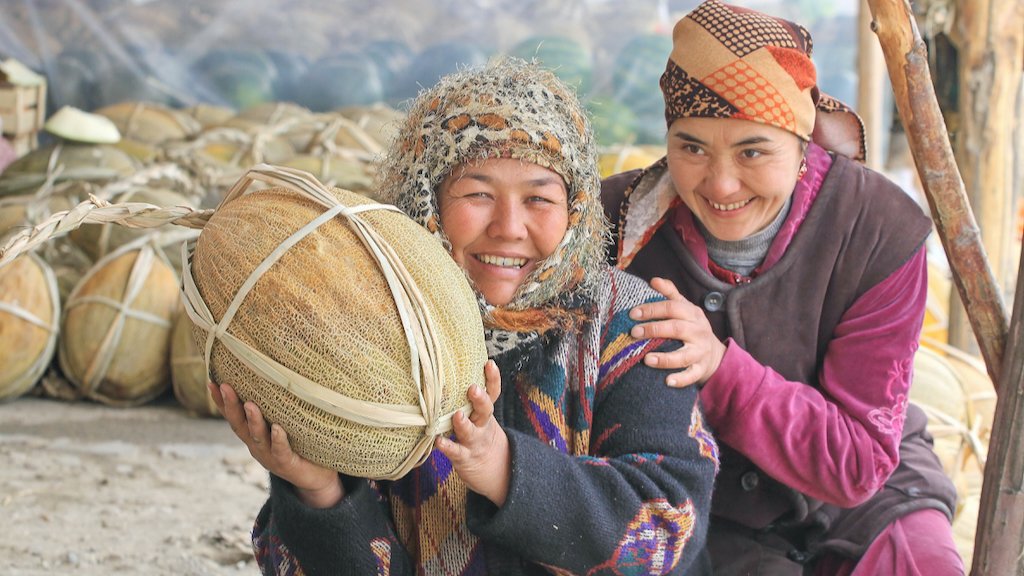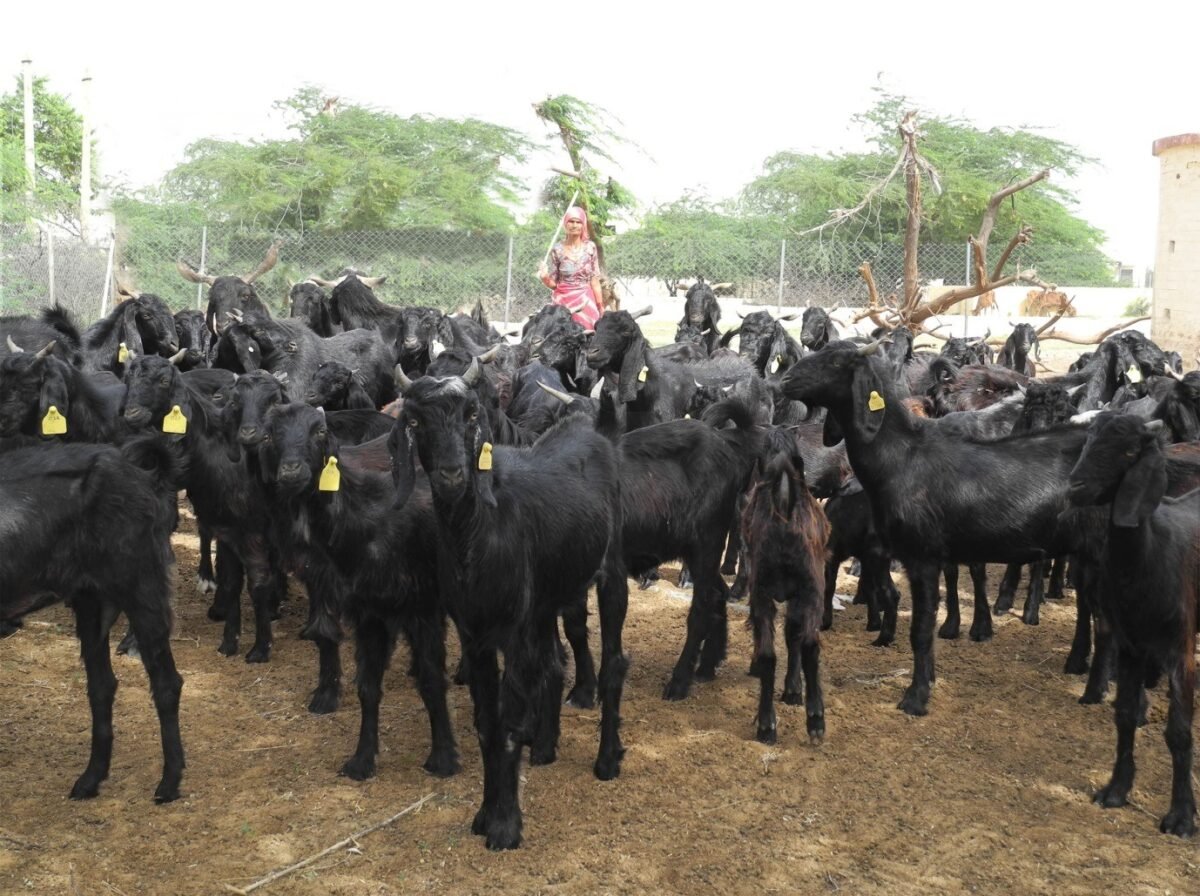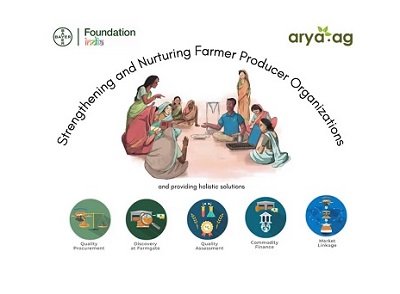ADB to help improve agribusiness value chains in Kyrgyz Republic
The project will enhance the resilience of farmers, including women, against market volatility, natural hazards, and climate change, and increase household and national food security
The Asian Development Bank (ADB) is providing a $20 million loan and a $20 million grant to the Kyrgyz Republic to help small and medium-sized agribusinesses improve their processing and storage capacity and reduce post-harvest handling losses, through inclusive, resilient, and climate-adaptive horticultural value chains.
“The project will enhance the resilience of farmers, including women, against market volatility, natural hazards, and climate change, and increase household and national food security,” said Yevgeniy Zhukov, ADB Director General for Central and West Asia. “By equipping them with climate-smart agricultural technologies and strengthening value chains, farmers and all stakeholders along the value chains will be able to minimise resource cost and increase profitability.”
The Climate-Resilient Agricultural Value Chain Development Project will provide long-term funds to qualified participating financial institutions to extend better-structured loans for horticulture value chain investments, including fruit and vegetables. Aiyl Bank, the most prominent bank financing the country’s agriculture sector, has been selected as the first financial institution to participate in this project.
“About 80 per cent of small businesses in the Kyrgyz Republic are currently funded by family, friends, and informal sources,” said Giap Minh Bui, ADB Principal Natural Resources and Agriculture Specialist. “To stimulate private investment in modernizing agricultural value chains, local banks must have access to stable long-term funding sources and offer a range of term-lending products that are appropriate for and affordable to horticulture entrepreneurs, including women.”
Aside from establishing modern processing, storage, and refrigerated facilities, the project will also help establish contract farming arrangements between farmers and processors and/or exporters; train women business owners; and implement measures to facilitate cross-border trade and branding for products that are unique to the Kyrgyz Republic.
These measures aim to increase profitability for horticultural producers and agribusiness enterprises and strengthen market linkages to increase national food security.
The project will enhance the resilience of










